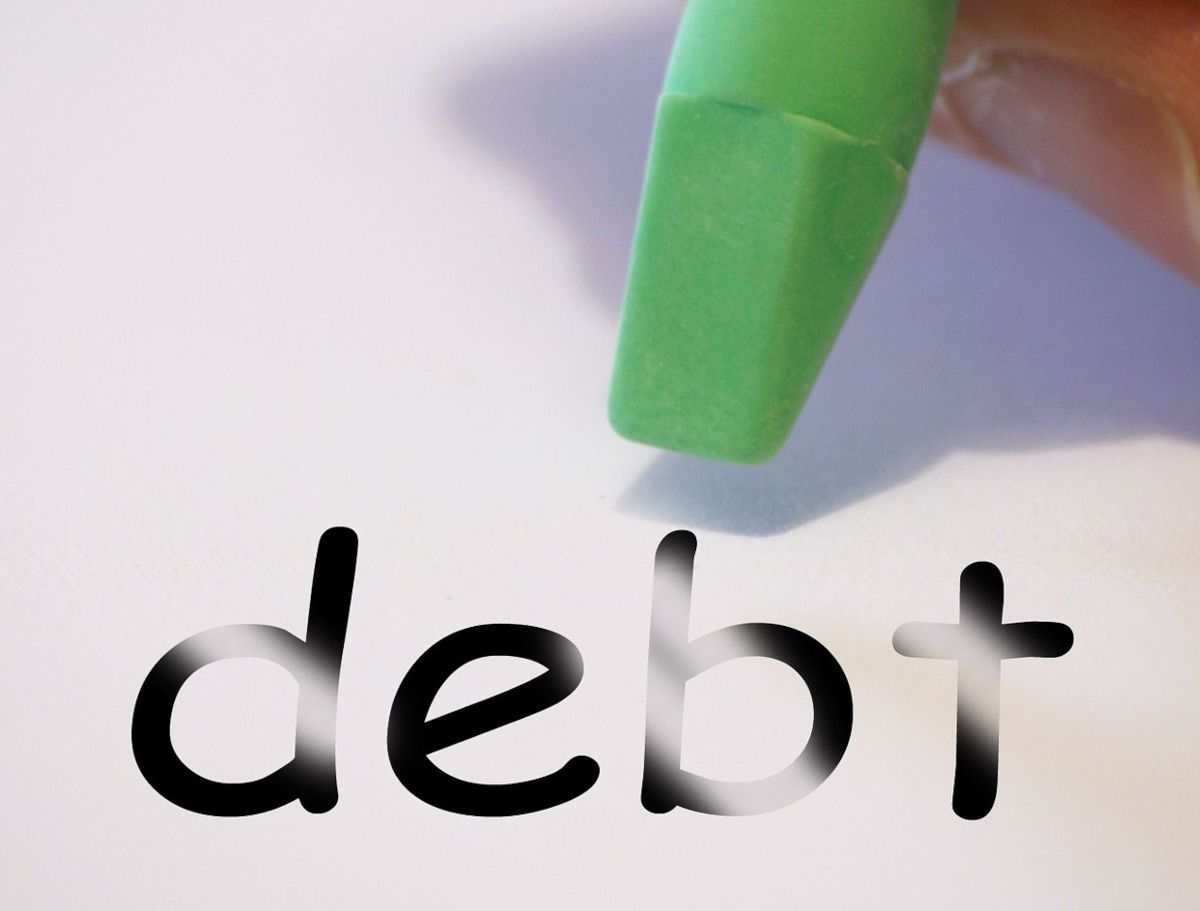Debt Settlement Company 'Took Advantage' of Customers, CFPB Charges

Debt settlement isn’t always bad. For consumers who are drowning in debt, it may be a better option than bankruptcy or other remedies. But it can also do little more than make matters worse, as the Consumer Financial Protection Bureau (CFPB) says a company called Settlelt did.
The agency charged that Settlelt took advantage of its customers, failed to disclose its relationship with certain creditors and steered consumers into high-cost loans offered by its affiliates. The company has agreed to refund $646,000 to customers and pay a $750,000 penalty.
“SettleIt’s strategy of steering consumers into sweetheart deals with its confederates was illegal,” said CFPB Director David Uejio. “The CFPB will not tolerate companies that purport to represent consumers, but instead abuse their trust in a self-dealing scheme.”
SettleIt, Inc. presents itself as an independent debt-settlement company that helps consumers negotiate with creditors like CashCall and LoanMe. But, the CFPB said, SettleIt is affiliated with CashCall and LoanMe. The same individual owns SettleIt and CashCall, and LoanMe is tied to SettleIt through loans and agreements.
The CFPB alleges that SettleIt abused consumers’ trust by charging fees to negotiate settlements that favor those companies. The CFPB also alleges that SettleIt steered distressed consumers into taking out expensive loans with CashCall and LoanMe, while hiding the fact that SettleIt took its debt-settlement fees from these loan proceeds. SettleIt kept consumers in the dark about its relationships with CashCall and LoanMe, and it even included language in call scripts saying “we are not owned or operated by any of your creditors.”
Specifically, the CFPB filed a complaint in federal district court alleging that SettleIt, Inc. engaged in abusive acts or practices under the Consumer Financial Protection Act of 2010 (CFPA) and violated the Telemarketing Sales Rule (TSR). The Bureau and SettleIt filed a proposed order that, if entered by the court, would require SettleIt to return at least $646,000 in fees to consumers, pay a $750,000 civil penalty, and stop settling debts for creditors with which it shares an ownership interest.
About debt settlement
Consumers sometimes misunderstand just what debt settlement is. It’s an agreement under which you pay your creditors less than you actually owe them. This isn’t something creditors agree to out of the goodness of their hearts — it’s a way to avoid more collection expense and, perhaps, keep you from declaring bankruptcy, in which case the creditors might get nothing at all.
In theory, consumers can negotiate settlement plans themselves but in practice, it can be very time-consuming and difficult so many people turn to debt settlement companies like Settlelt. While there are a not-for-profit few debt settlement companies, most are for-profit operations that charge a health fee for their services. Some also get a percentage of whatever the consumer pays, as the CFPB alleges Settlelt did.
Experts generally advise consumers to be extremely careful when dealing with debt settlement and credit counseling companies.
“When done well, credit counseling can be very helpful for consumers in financial distress. Unfortunately, there are many people who offer counseling and credit repair in order to rip you off. You should be careful to avoid scams and offers of costly debt consolidation plans as a way out of debt. Most of these deals will only make your situation worse,” the National Consumer Law Center warns.
All too often, debt settlement and credit counseling plans fail and may even make the situation worse, leaving the consumer with little choice but to file bankruptcy, which isn’t necessarily the worst outcome.
“Bankruptcy is not necessarily to be avoided at all costs. In many cases, bankruptcy may actually be the best choice for you,” NCLC says. See the NCLA site for a more complete discussion of options for credit-strapped consumers.
